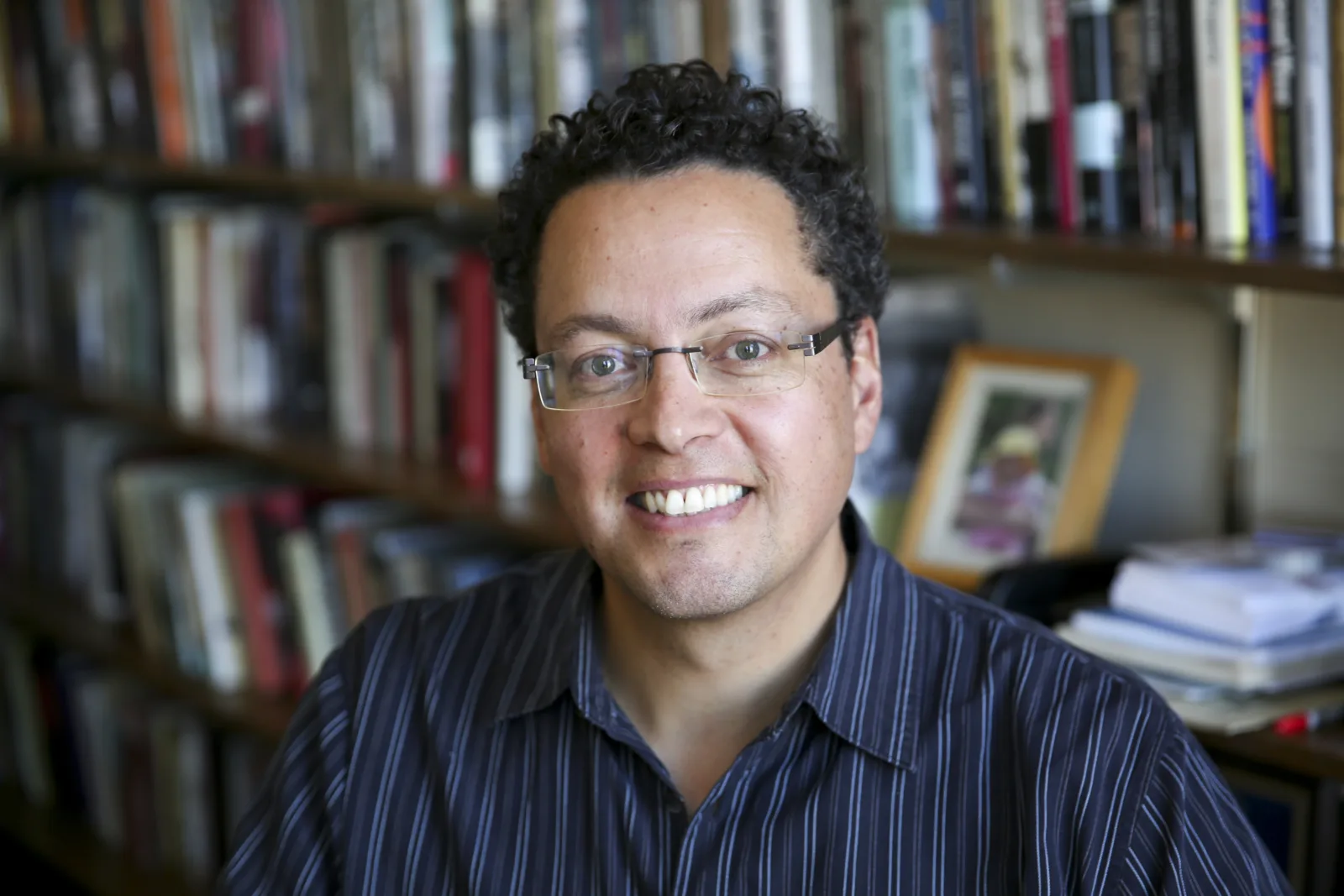The Essential Worker: A History from the Progressive Era to COVID-19, William P. Jones, University of Minnesota
During the COVID-19 pandemic, it was often noted that workers in health and childcare, sanitation, food production and other sectors deemed “essential” to the functioning and well-being of society were also among the most poorly paid and disempowered on the job. This paper traces that contradiction to the Progressive Era concept of “Public Housekeeping,” which asserted both the essential nature of many public services and the need to provide those services cheaply and efficiently. A similar logic justified the exemption of public employees from New Deal labor protections in the 1930s and 1940s, restrictions on their rights to strike and bargain collectively in the 1950s and 1960s, and the privatization of public services in the 1980s and 1990s. This long history helps to explain the continuing tension between the applause directed at essential workers and the low wages and poor conditions under which they are often expected to work.
Respondents: Kevin Boyle and John Miles Brach, Northwestern University
